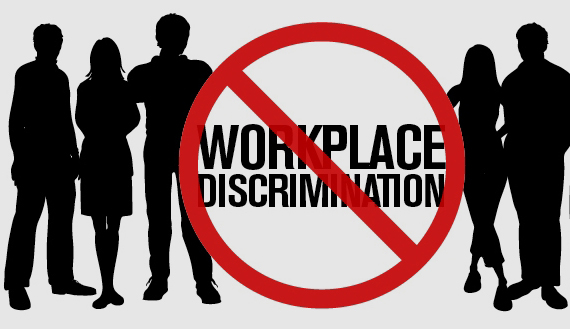
In Lincoln, two plaintiffs brought suit against their employer after filing three EEOC claims between them. The plaintiffs’ employer moved for summary judgment arguing that plaintiff’s failure to timely file EEOC claims after “discrete incidents of discrimination” was a bar to their proceeding on those claims. The District Court agreed with the employer and ruled, in accordance with long-standing Tenth Circuit precedent, that Plaintiffs’ failure to file separate EEOC claims or to amend their prior claims precluded them from pursuing those claims in federal court.
On appeal, Plaintiffs argued that Tenth Circuit precedent was contrary to the Supreme Court decision in Zipes v Trans World Airlines, Inc., 455 U.S. 385 (1982). Specifically, they relied upon the Zipes analysis that the language contained within the EEOC statute was not phrased in jurisdictional terms and therefore was not a bar to filing suit. Interestingly, the Court agreed with the plaintiffs, but found they were bound by prior Tenth Circuit precedent which distinguished Zipes. In a surprising move, the Court utilized its authority to obtain approval to deviate from precedential authority by determining if “all active judges on the court” would permit same. The panel polled all active judges who, in turn, unanimously approved of the panel’s departure from prior precedent. The Court ruled that a failure to file a claim with the EEOC was not a jurisdictional bar to proceed, but rather was an affirmative defense that was subject to waiver, estoppel or equitable tolling. Ultimately, the Court remanded the case to the District Court to ascertain, in part, whether the defendant had waived its affirmative defense of failure to exhaust administrative remedies.
The Court’s opinion in Lincoln could have wide-ranging implications for employers who have long relied on plaintiff’s failure to exhaust administrative remedies as an absolute defense. Employers involved in pending 10th Circuit suits as well as those that otherwise would have been barred prior to the ruling could be affected by the Lincoln decision. At this juncture, it is clear that, within the Tenth Circuit, which includes the states of Colorado, Kansas, New Mexico, Oklahoma, Utah and Wyoming, employers can waive their legal rights under the EEOC statutory scheme. To protect against an inadvertent waiver, whenever facing the potential of a discrimination claim, it is incumbent upon any employer to retain counsel and ensure that valid defenses are not lost due to poor communication or inattentive action.


